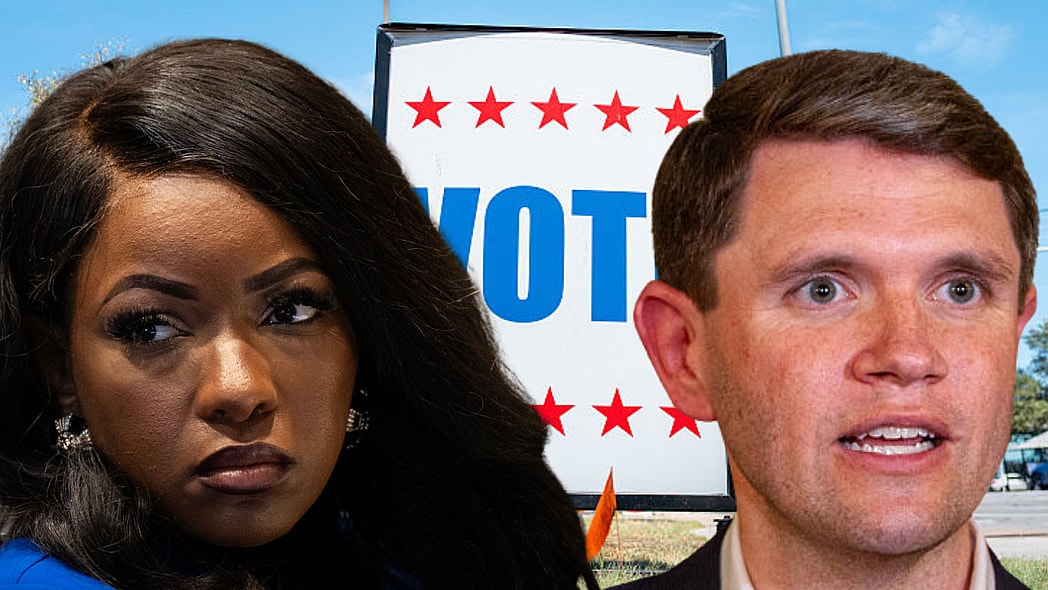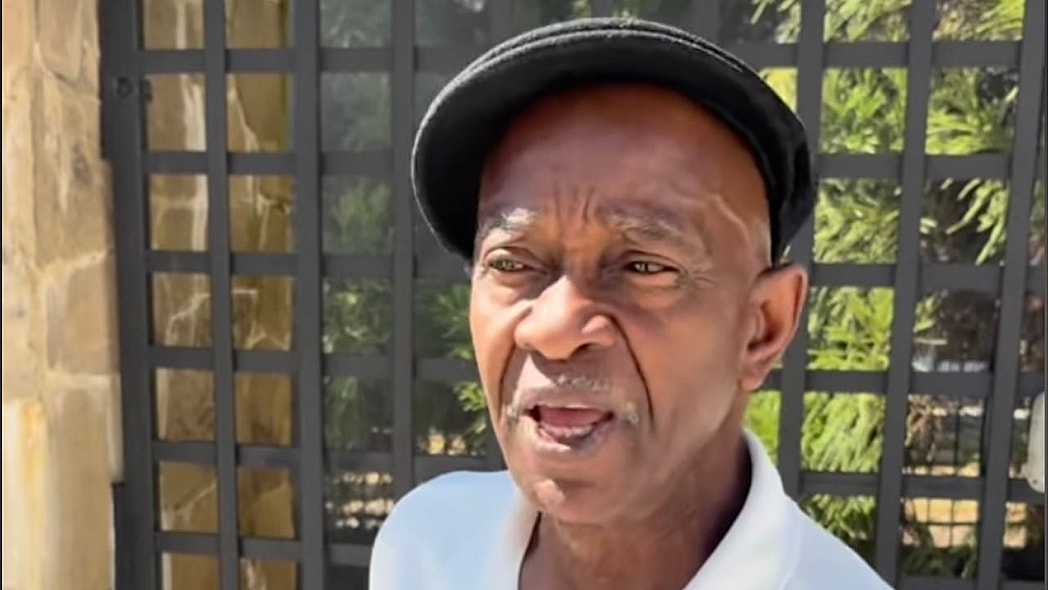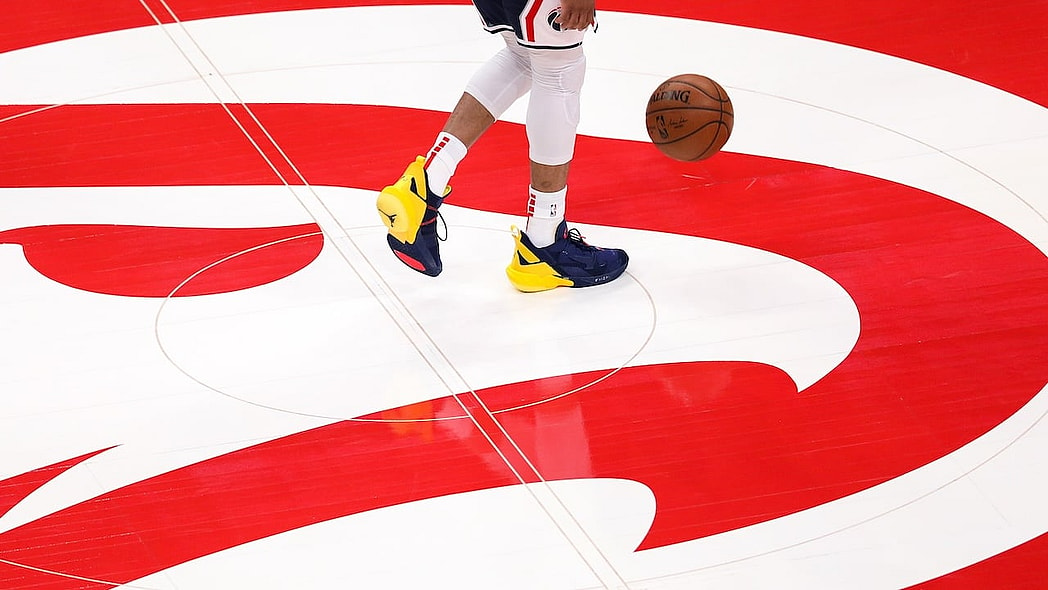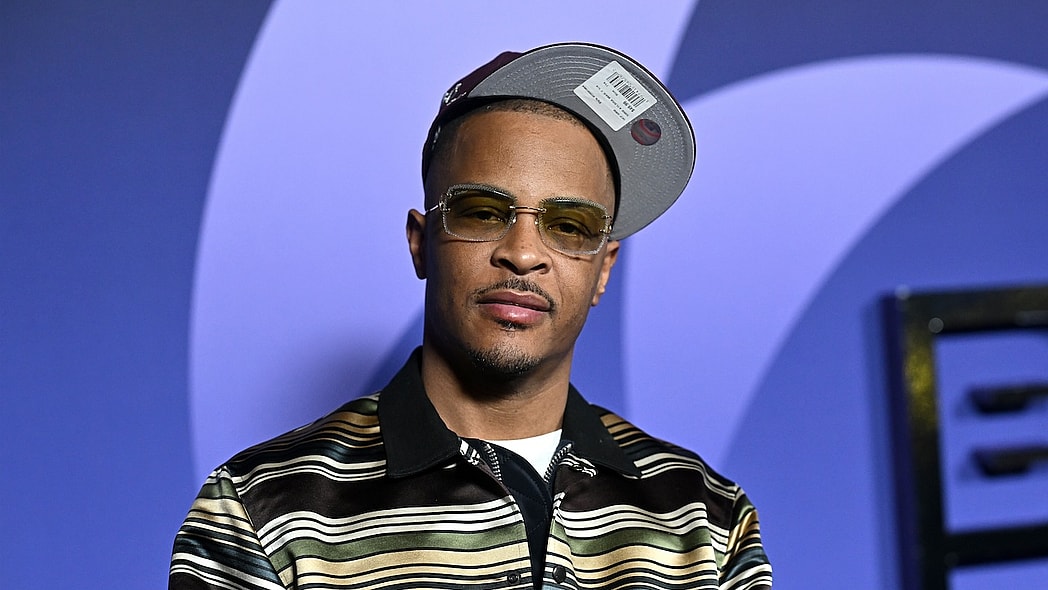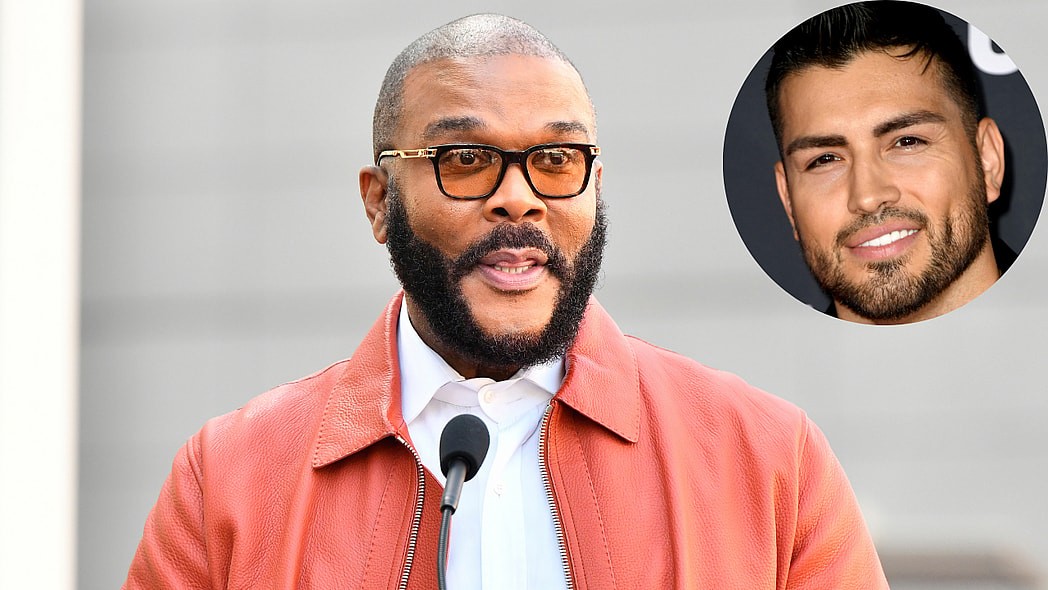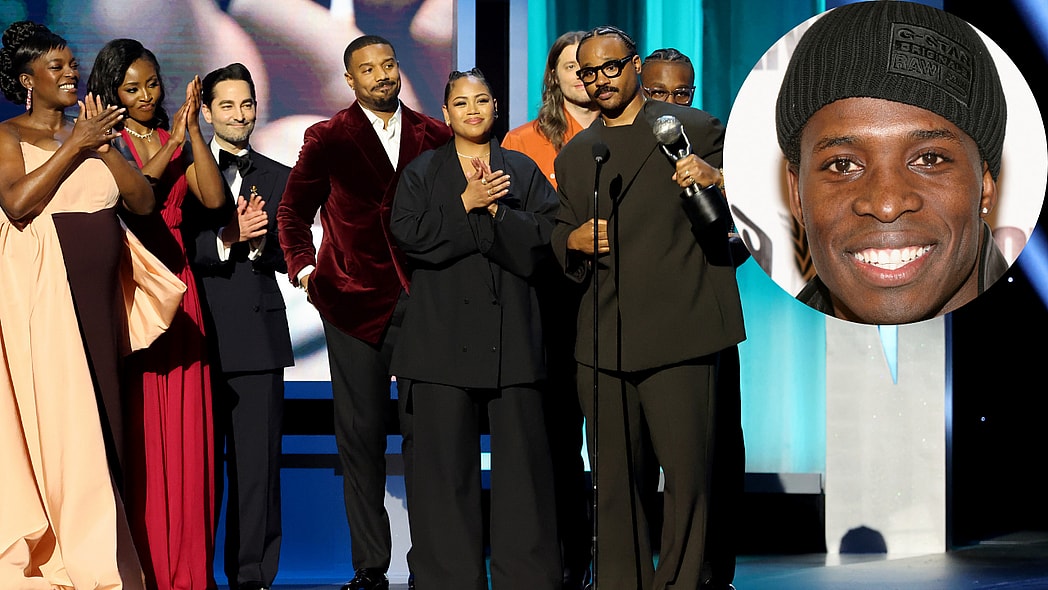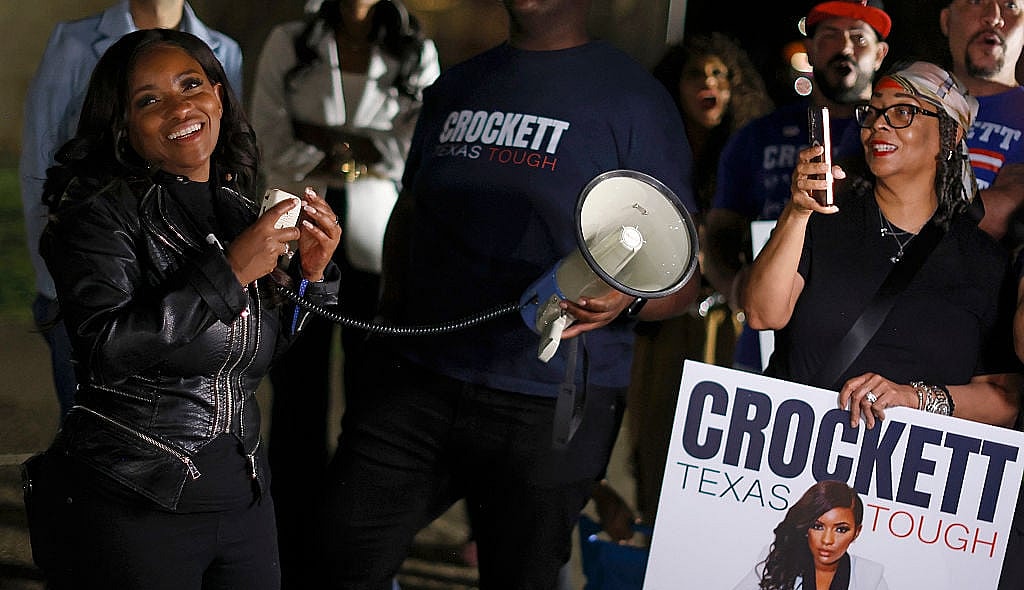A Black woman with a history of fighting for social justice has a little-known role in taking down one of history’s most notorious gangsters.
Eunice Hunton Carter became the first Black woman to work as a prosecutor in the district attorney’s office in New York City, where she played a big role in taking down mobster Charles “Lucky” Luciano.
The Mob Museum shares that Carter was born on July 16, 1899, in Atlanta, Georgia. Her father, William Alphaeus Hunton Sr., helmed the YMCA’s first African-American division in Norfolk, Virginia, according to the University of Minnesota Libraries. Her mother, Addie Waites Hunton, was a social worker and civil rights activist, notes Richmond Public Library.
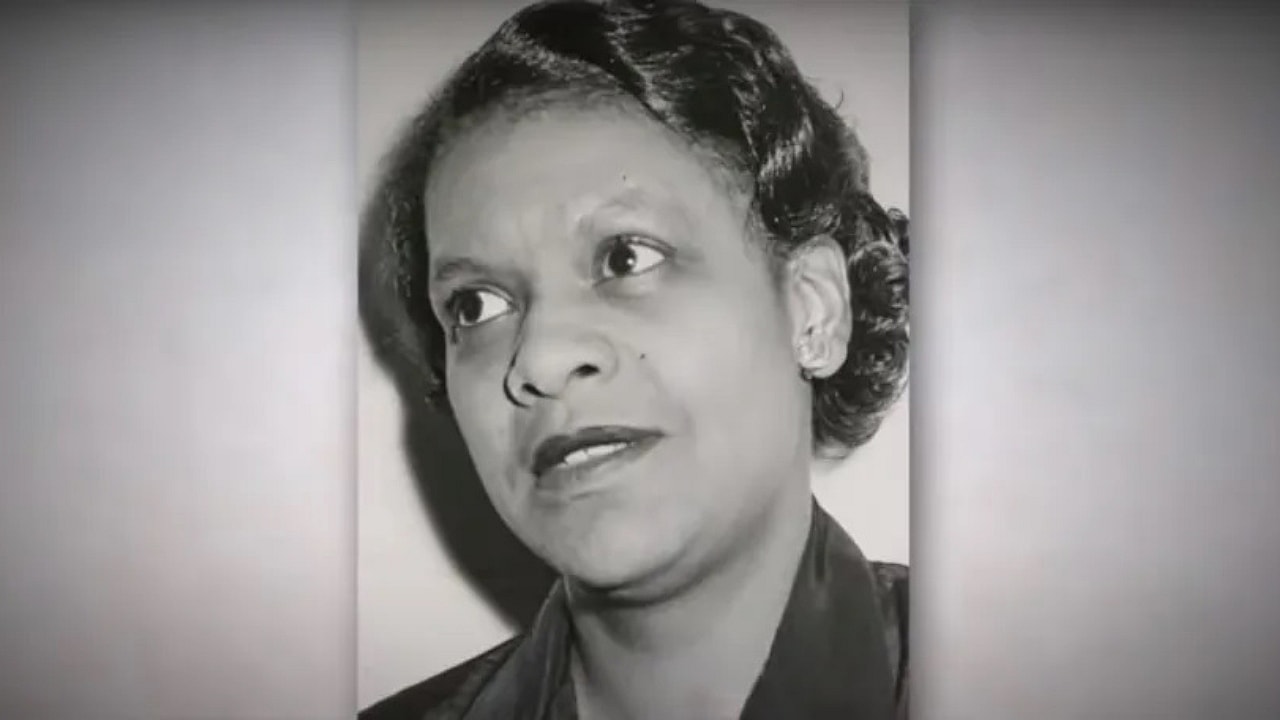
The family moved to Brooklyn, New York, and by 1921, Carter had attained bachelor’s and master’s degrees from Smith College. She followed in her mother’s footsteps and became a social worker. But soon, the law called.
In 1927, she was accepted to the Fordham University School of Law, and in 1932, she became the first Black woman to graduate, according to the Mob Museum. She passed the bar exam a year later.
Carter became involved with the women’s court of New York; some accounts say she was appointed by then-Mayor Fiorello LaGuardia and others say she volunteered. There, she noticed a peculiar pattern.

The same lawyers and bail bondsmen represented women charged with prostitution, and arresting officers seemed to always forget key details of the arrest, resulting in charges being dismissed, she observed.
Carter sensed a mob connection and took her suspicions to Thomas Dewey, the special prosecutor investigating the city’s underworld. He hired her to track down leads, and she finally collected enough information for police to raid an assortment of brothels. Some of those arrested disclosed the link between the brothels and the mob, which led to Luciano’s arrest.
According to Biography, Carter worked behind the scenes to help prepare witnesses to testify and arrange protection for them.
Luciano was convicted of 62 counts of compulsory prostitution in 1936 and sentenced to 30 to 50 years. He served 11 before he was deported to Italy.
Recommended Stories
Dewey didn’t select Carter as one of the attorneys to help him present the case, but he praised her after the verdict. She would become an assistant district attorney and later a deputy district attorney under Dewey.
Carter worked with the Empire State’s eventual governor and Manhattan’s D.A.’s office until 1945, when she left to open her own practice. In addition to her legal work, she committed herself to social justice causes, becoming a leader in the YWCA and serving as a member of the National Council of Negro Women.
She died in 1970, but in subsequent years, Carter would gain more well-deserved recognition. For example, in 2018, Stephen L. Carter, her grandson, published her biography, “Invisible: The Forgotten Story of the Black Woman Lawyer Who Took Down America’s Most Powerful Mobster.”
Never miss a beat: Get our daily stories straight to your inbox with theGrio’s newsletter.

